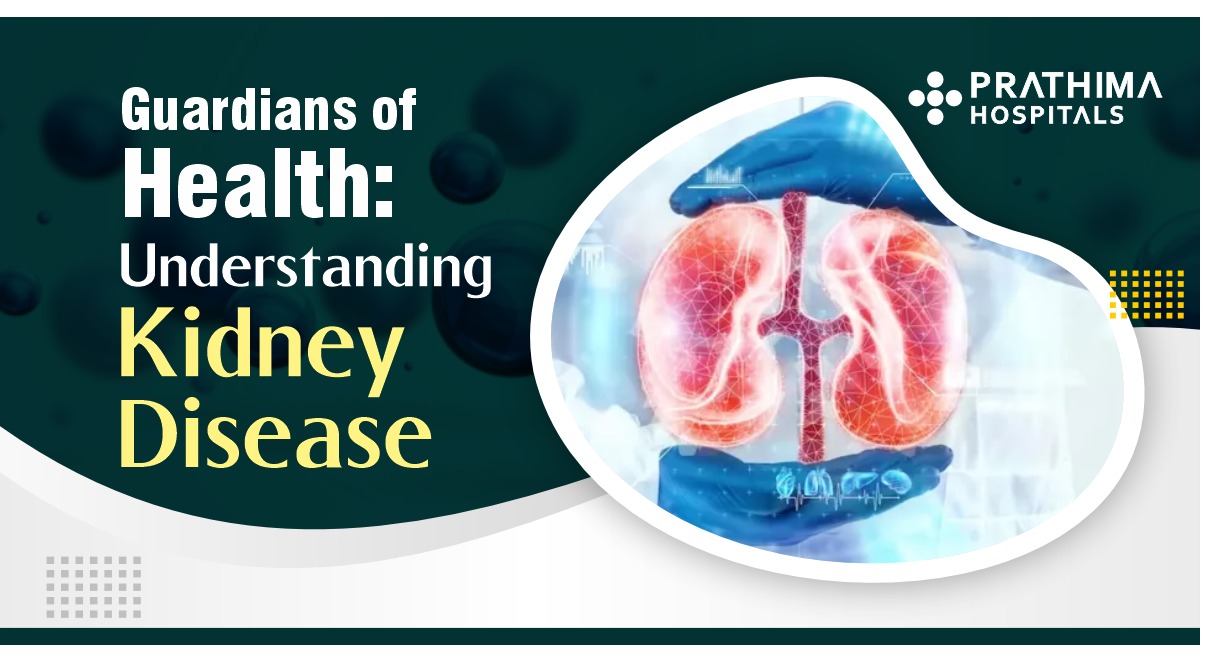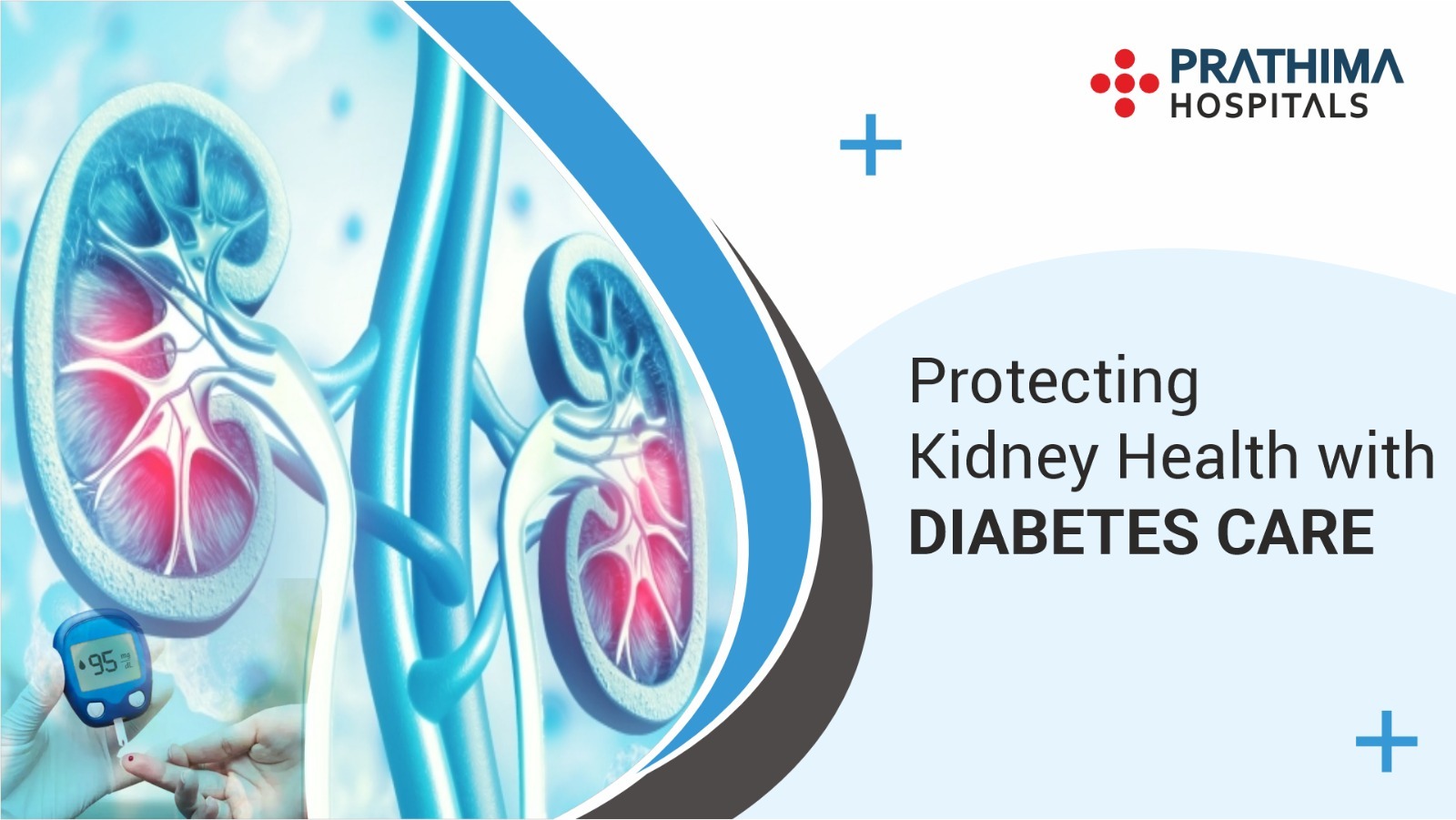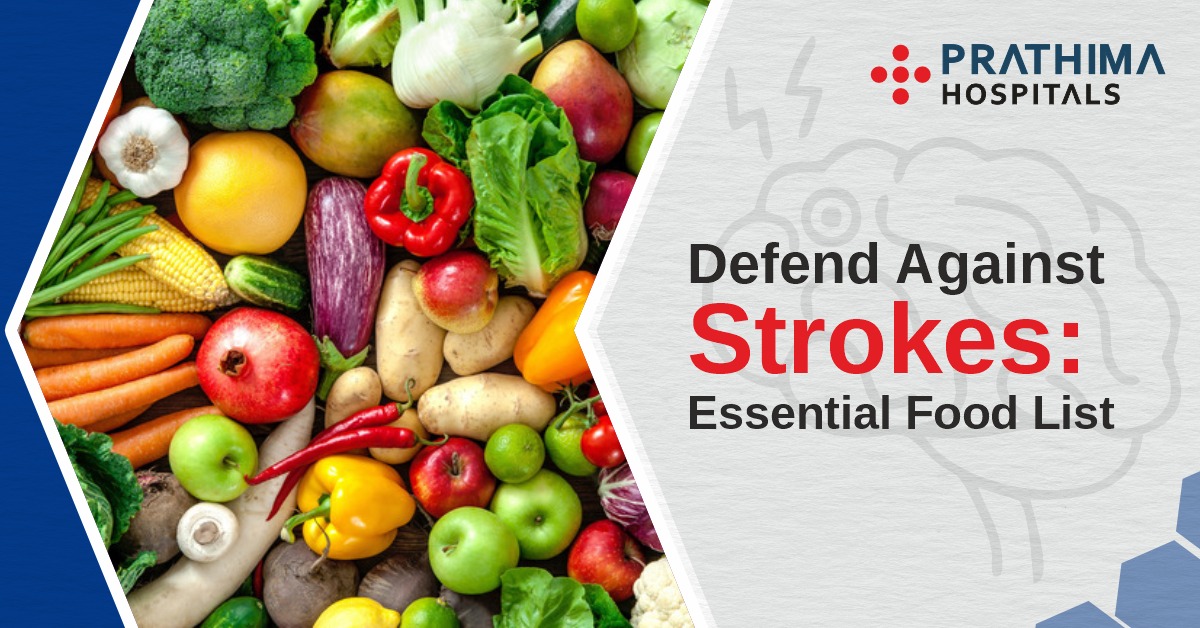6 Tips To Control Asthma During Winters | Winter Health Tips

If you have asthma, you might discover that the seasons affect your symptoms. Going outside can make breathing more of a chore when the temperature drops. The winter season comes with its own set of problems particularly for asthmatics, but it is not difficult to cope with them with the right knowledge and resources. Asthmatics can reduce the number of winter-related asthma attacks they may otherwise have with adequate awareness and precautions – ‘ Pulmonologist in Hyderabad ‘
Tips to Control Asthma During Winter:
- Know Your Triggers
You may cough during the winters, and struggle to catch your breath at times. This happens when something that triggers your asthma is inhaled. Limit the time around your pets to avoid this, as it may trigger your asthma. Use mite-proof covers on the mattress and pillows as well as this helps to keep dust allergies in check.
- Take care of hygiene
The most common causes of asthma aggravation are bacterial and viral infections. In winters, flu disorders such as the common cold are easily contracted, which can trigger asthma. Wash your hands properly before anything is eaten. Put on masks while going outdoors. The irritants that cause an asthmatic attack can be filtered here. Try not to come into contact with individuals who are ill. Avoid places that are crowded.
- Take medication on time
Always carry medicines and a puff before going outside. Try to take steam twice a day. This clears the mucosa and cleanses the airways. Eucalyptus oil can be added to the steam, too.
- Working out indoors
To prevent asthma symptoms, consider taking your exercise regimen indoors when the temperature drops. The air is likely to be more humid and better for breathing in your home or gym than the cold air outside.
- Bring an Inhaler Reliever
Asthma is an inconstant disorder, whereby a person may feel perfectly fine one day, but the very next person may be dealing with the symptoms. This means that the relief inhaler must always be carried at all times, so that when the symptoms get worse, a person is always prepared.
- Breathe Via your nose
Mothers have always told their children to keep their mouths closed and breathe through their nose at all times. There was a reason behind this because it’s safer for the lungs. Breathing cold air through the mouth can asthma symptoms as it can shock the airways that line the lungs.





